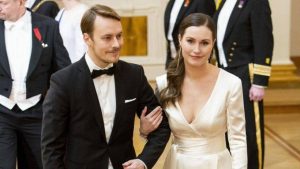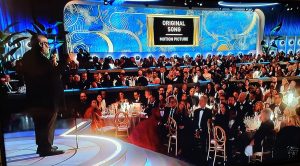Legendary actor Dilip Kumar, who died on July 7, has a strong Pakistan connection. He was born Muhammed Yusuf Khan and grew up in a haveli located in the city of Pakistan, before the partition.
Also Read: The story of rise, fall and restoration of Dilip Kumar’s bungalow in Pakistan’s Peshawar
Located in the fabled Qissa Khwani Bazar, this is the house where Dilip Kumar spent his early childhood before he achieved stardom in the city of dreams, Mumbai.
Incidentally, Dilip Kumar’s haveli neighboured the ancestral home of another legend of Hindi cinema – his lifelong friend and contemporary, Raj Kapoor. The two grew up in neighbouring havelis that were taken under the possession of Khyber Pakhtunkhwa Directorate of Archaeology and Museums last month and will now be converted into museums.
Also Read: KPK government should not buy Dilip Kumar’s ancestral house: Lawyer of present owner
In 2014, both the actors’ ancestral homes had been declared national heritage sites by the then Nawaz Sharif government.
They hit the headlines in September last year after the provincial government announced that it would acquire both properties and turn them into museums after restoration.
The actor had recalled memories of his home in Peshawar in his blog post back in 2011. “I have memories of the sitting room where the family gathered for high tea in the evenings, the large room where the ladies prayed, the terrace, the bedrooms, everything. I can vividly recall the piggy rides on my grandfather’s back and the scary stories my grandmother cooked up to forbid me from wandering out of the house alone,” he had written in his blog.
The Qissa Khwani Bazar in Peshawar – which is famously known as the storyteller’s bazaar – according to the legend, played a monumental role in his career. “I have lovely memories of Qissa Khwani Bazaar, where I received my first lessons in story telling, which later provided the impetus to choose meaty stories and scripts for my work.
“Every day as the trading closed in the market of Qissa Khwani Bazaar, a story teller would sit in the centre of the square narrating stories of valour and victory, deceit and retribution which I would listen to with wide- eyed attention, seated next to my father and uncles,” he had said.
In an interview with Opoyi, KP’s Director Archeology and Museum Dr Abdul Samad, who is leading the project to construct and preserve Dilip Kumar’s home, previously said “We are going to rebuild the Bollywood Star home in the same style and then according to plan will preserve it as well,” he said.
Dilip Kumar died at a Mumbai hospital where he had been admitted for around one week. He was 98.


